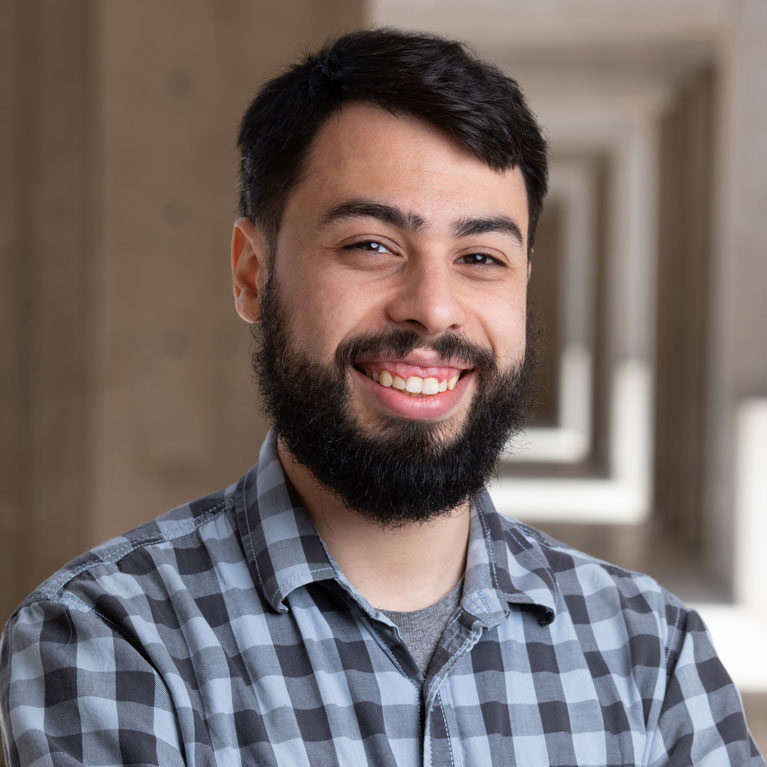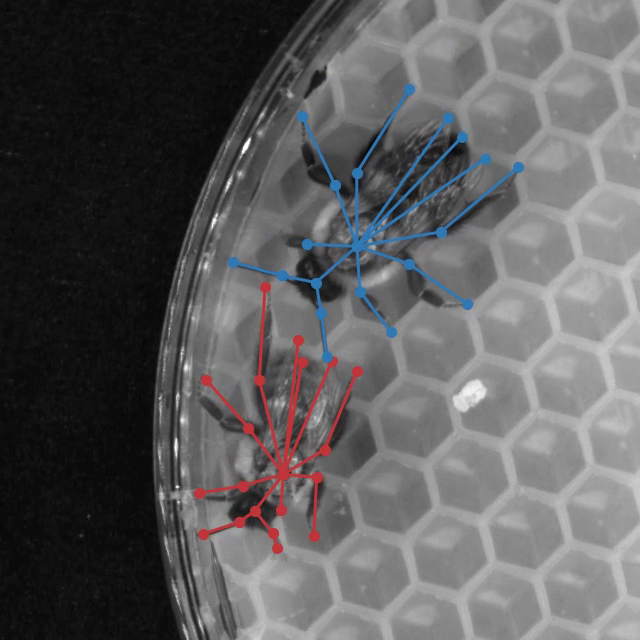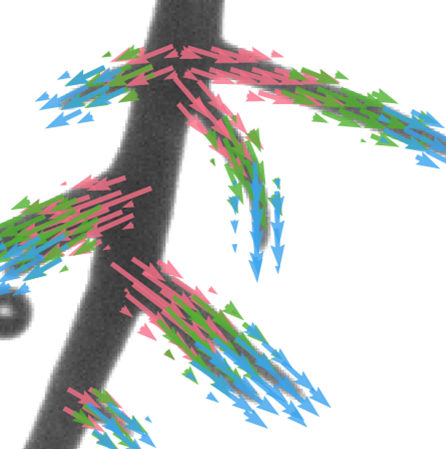Salk Fellow


From plants growing roots through soil to giraffes walking through the savanna, all forms of life evolved the ability to move to survive in changing environments. This fundamental aspect of biology is so important that it prompted the development of the nervous system. Despite movement’s importance, little is known about this “body language” of life, from its constituent “syllables” to how quirks in its “grammar” may be linked to underlying diseases.

Pereira and his lab develop and apply artificial intelligence (AI) techniques to study the processes that give rise to biological motion. By using a form of AI called deep learning, the lab has created computational tools capable of performing “markerless motion capture”—a powerful technology that can extract biological dynamics from video data. Pereira now leverages this approach to make sense of how animals and humans behave during health or disease, how plant root systems sequester carbon, and how the brain coordinates body movements to produce complex behaviors.

Pereira’s pioneering work demonstrated how deep learning could be used to achieve markerless motion capture in animals that enables detailed quantification of behavior.

Pereira and his team have developed SLEAP, an open-source software tool that makes AI-based motion capture technology accessible to non-technical users. SLEAP is now in use by thousands of researchers all around the world to study everything from subcellular organelles to whale sharks.

Pereira and his team have shown how artificial neural networks can be used to simulate how real brains process information.
BS, Bioinformatics and Computational Biology, University of Maryland, Baltimore County (UMBC)
MS, Neuroscience, Princeton University
PhD, Neuroscience, Princeton University